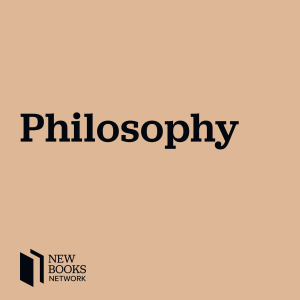
Keya Maitra, “Philosophy of the Bhagavad Gita: A Contemporary Introduction” (Bloomsbury Academic, 2018)
 2018-08-15
2018-08-15
Download
Right click and do "save link as"
The Bhagavad Gita is one of the foundational texts of Hinduism and probably the one most familiar and popular in the West. The moral problem that motivates the text – is it right to kill members of one’s extended family if they are on the other side in a war? – leads to an extended discussion of such themes as rebirth and reincarnation and the personal paths to unity with the universe through the yogas of action, knowledge, and devotion. In Philosophy of the Bhagavad Gita: A Contemporary Introduction (Bloomsbury Academic 2018), Keya Maitra presents a new translation aimed at those who are interested in themes that cross-fertilize with Western philosophical debates regarding the nature of morality, the relation between body and self or mind, the roots of character, and the goal of a well-lived life. Maitra, who is Professor of Philosophy at the University of North Carolina – Asheville, aims at a middle ground of accessibility with recognition of the multiple and context-dependent meanings of Sanskrit terms, and the philosophical themes are elaborated with the aid of questions that are appropriate for both Western and non-Western approaches.
Learn more about your ad choices. Visit megaphone.fm/adchoices
view more
Learn more about your ad choices. Visit megaphone.fm/adchoices
More Episodes
012345678910111213141516171819
Create your
podcast in
minutes
- Full-featured podcast site
- Unlimited storage and bandwidth
- Comprehensive podcast stats
- Distribute to Apple Podcasts, Spotify, and more
- Make money with your podcast
It is Free
- Privacy Policy
- Cookie Policy
- Terms of Use
- Consent Preferences
- Copyright © 2015-2024 Podbean.com





